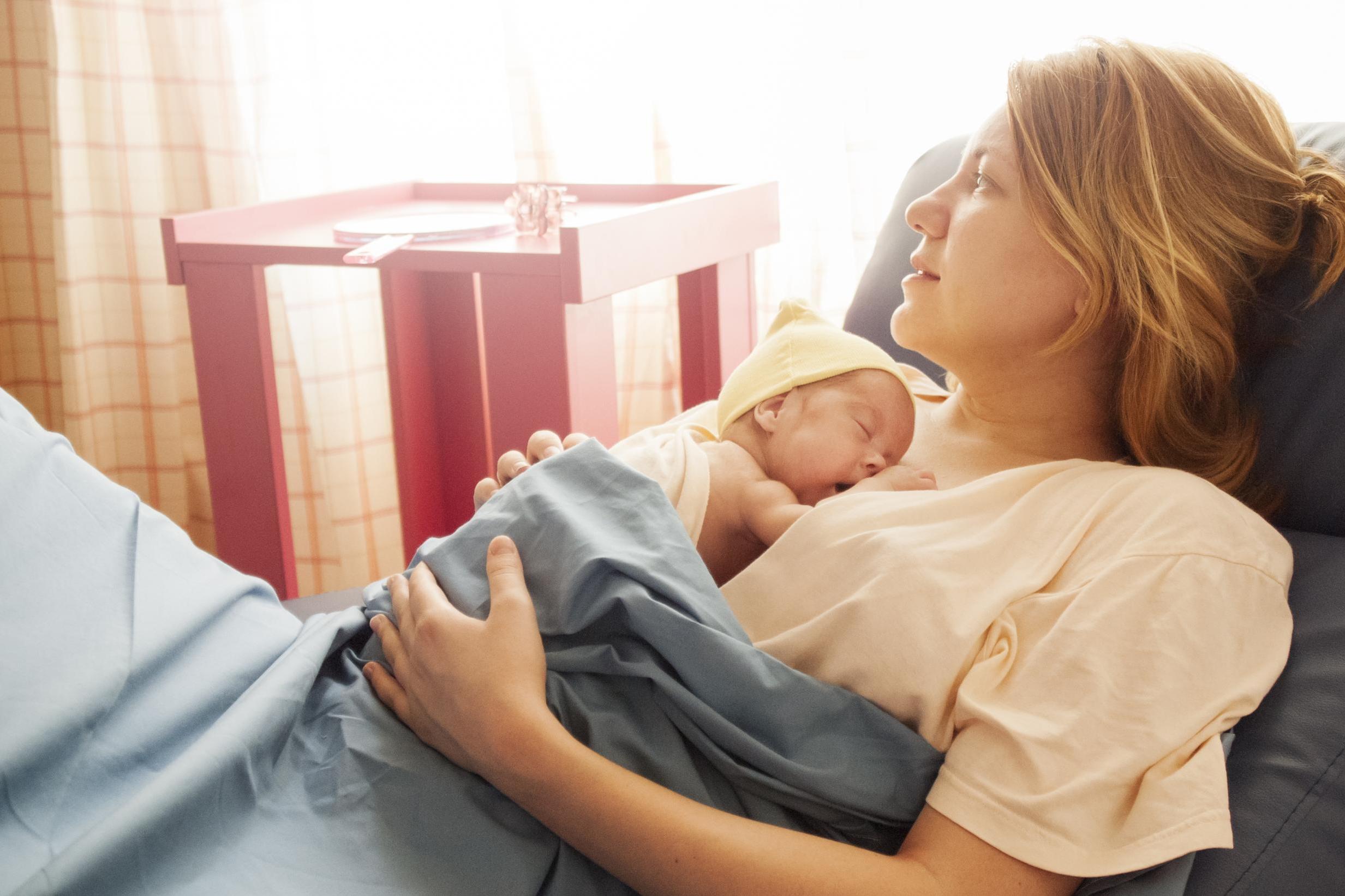Nearly 4 in 10 of England’s maternity units forced to close temporarily in 2016, new figures reveal
According to data obtained by Labour through freedom of information requests to 136 hospital trusts with maternity wards in England, 42 out of the 96 that responded said they had temporarily closed their facilities to expectant mothers

Your support helps us to tell the story
From reproductive rights to climate change to Big Tech, The Independent is on the ground when the story is developing. Whether it's investigating the financials of Elon Musk's pro-Trump PAC or producing our latest documentary, 'The A Word', which shines a light on the American women fighting for reproductive rights, we know how important it is to parse out the facts from the messaging.
At such a critical moment in US history, we need reporters on the ground. Your donation allows us to keep sending journalists to speak to both sides of the story.
The Independent is trusted by Americans across the entire political spectrum. And unlike many other quality news outlets, we choose not to lock Americans out of our reporting and analysis with paywalls. We believe quality journalism should be available to everyone, paid for by those who can afford it.
Your support makes all the difference.Around four in 10 of England’s maternity units were forced to close temporarily at least once during 2016, a new analysis highlighting the increased strains on the NHS reveals.
According to data obtained by Labour through freedom of information requests to 136 hospital trusts with maternity wards in England, 42 out of the 96 that responded said they had temporarily closed their facilities to expectant mothers.
In total, there were 382 occasions in 2016 when maternity units had to close their doors – a 70 per cent increase from 2014, according to the analysis by Labour.
Within the responses the maternity unity at St Helens & Knowsley teaching hospitals had to close for more than 30 hours in February 2016 due to issues with bed capacity and high activity.
And to “maintain safety and staffing levels” the maternity unit at Royal Berkshire NHS foundation trust had to close on 30 occasions in the same year.
The party’s Shadow Health Secretary, Jonathan Ashworth, said the findings were evidence of the “devastating” impact that underfunding is having for mothers and children across the country. “It is staggering that almost half of maternity units in England had to close to new mothers at some point in 2016,” he said.
Mr Ashworth continued: “The uncertainty for so many women just when they need the NHS most is unthinkable. Under this Government, maternity units are understaffed and under pressure. It’s shameful that pregnant women are being turned away due to staff shortages, and shortages of beds and cots in maternity units.
“Families are being sorely let down by this Government’s failure to recognise the crisis facing our NHS. The Tories need to get a grip and take urgent action to make sure closures like this don’t continue to happen.”
Midwifery leaders called for action to tackle “significant pressures” on maternity services across England, which face a shortage of around 3,500 full-time midwives.
Sean O'Sullivan, head of health and social policy at the Royal College of Midwives (RCM), said: “This latest research from the Labour Party comes as no surprise to the RCM and really further proves just how badly England's maternity services are struggling due to understaffing.
“The RCM respects and supports decisions made to close maternity units when failing to do this will compromise the safety of the service and the women and babies already being cared for.
“Nevertheless, if units are regularly and persistently having to close their doors it suggests there is an underlying problem around capacity and staffing levels that needs immediate attention.”
The Department for Health did not respond for comment when asked by The Independent.
Join our commenting forum
Join thought-provoking conversations, follow other Independent readers and see their replies
Comments